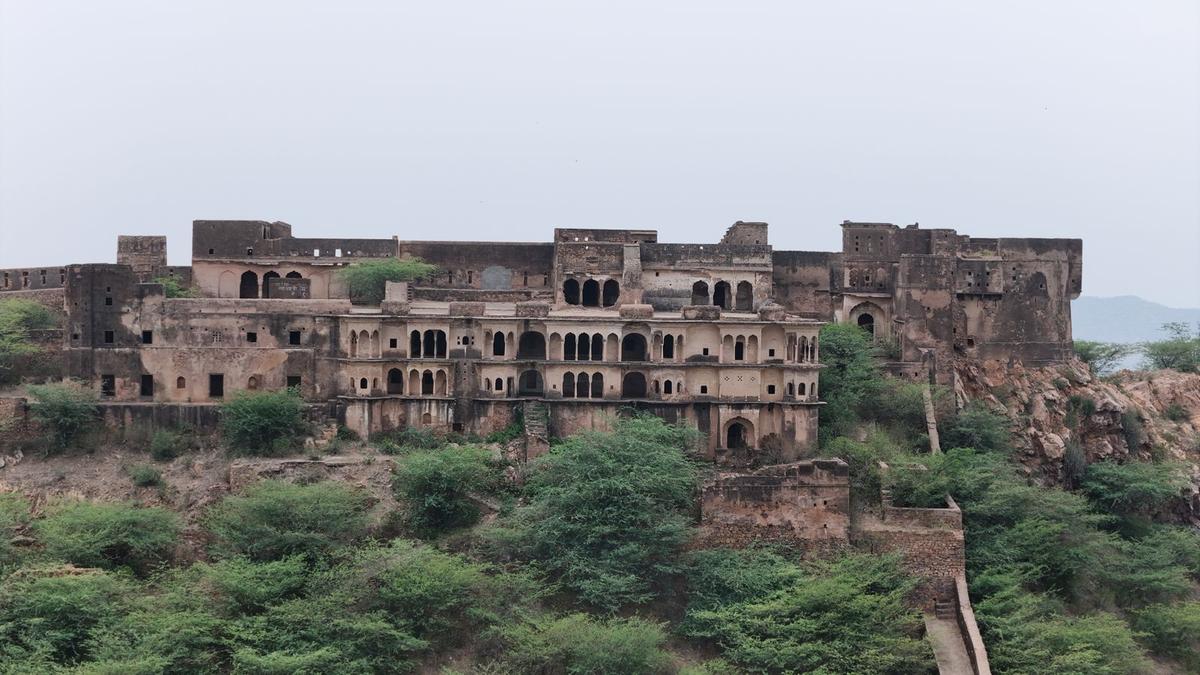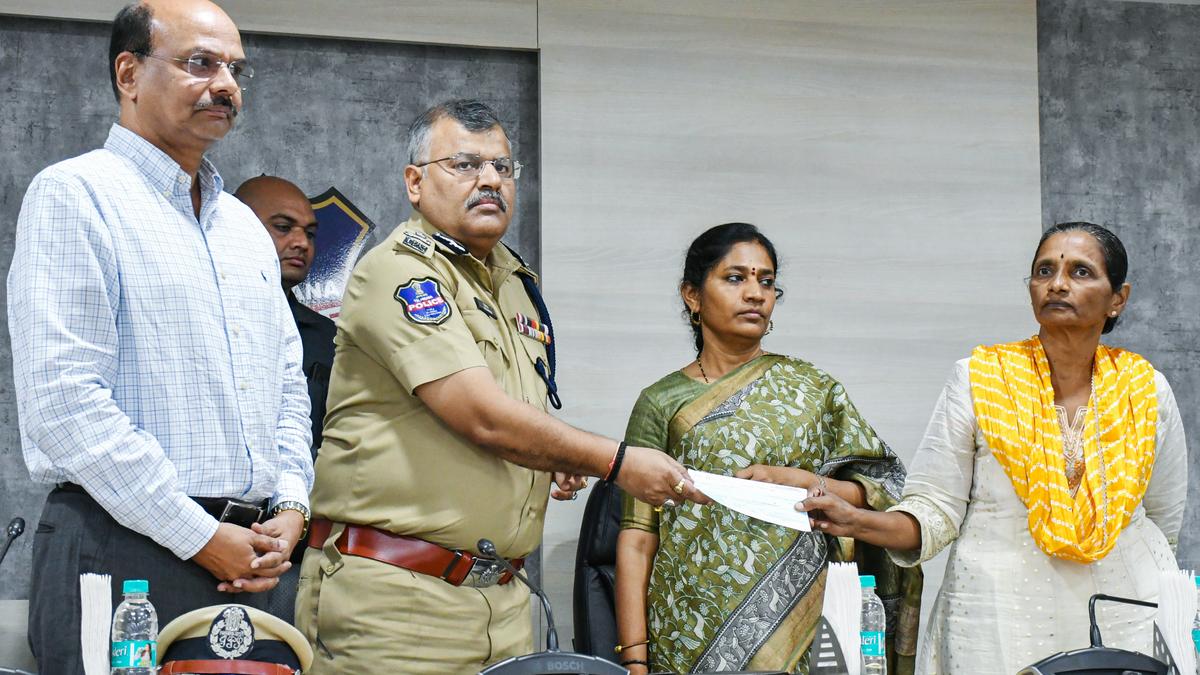Now Reading: SC Restores Historic Estates to Constituent Assembly Member’s Trust After 40-Year Legal Battle
-
01
SC Restores Historic Estates to Constituent Assembly Member’s Trust After 40-Year Legal Battle
SC Restores Historic Estates to Constituent Assembly Member’s Trust After 40-Year Legal Battle

Swift Summary
- Teh Supreme Court has restored the ₹3,000-crore estates of Raja Bahadur Sardar Singh to a charitable trust he created in his 1985 will.
- Raja Bahadur Sardar Singh was a former Constituent Assembly member adn parliamentarian from Rajasthan.
- His will directed the assets to the Khetri Trust,an organization aimed at promoting education,science,literature,and arts in India.
- the State of rajasthan had claimed the estates under escheat laws (properties without heirs devolving to the state),arguing Mr. Singh had died intestate (without a valid will).
- A Division Bench of Delhi High Court had validated Mr. Singh’s will earlier but was contested by rajasthan despite legal precedents being against state intervention without proof of intestacy or lack of heirs.
- The Supreme Court upheld that the government acted as a “stranger” with no locus standi under succession laws or probate proceedings governing testamentary succession.
Indian Opinion Analysis
this judgment by the Supreme Court underscores critical principles regarding private property rights and testamentary succession in India-a system based largely on personal laws rather than arbitrary state claim through escheat doctrines. By affirming that governments cannot interfere unless intestacy is proven and all other options fail, this case sets an important legal precedent protecting private individuals’ last wishes as expressed through valid wills.
For institutions like khetri Trust established for charitable purposes such as education and arts promotion,this decision has immense importance for philanthropy’s growth within clear judicial protections around inheritance law frameworks. In broader terms, it may deter potential overreach by states seeking control over wealth/assets beyond rightful circumstances while reinforcing clarity around family or institution-driven legacies.
Read More: Link
























